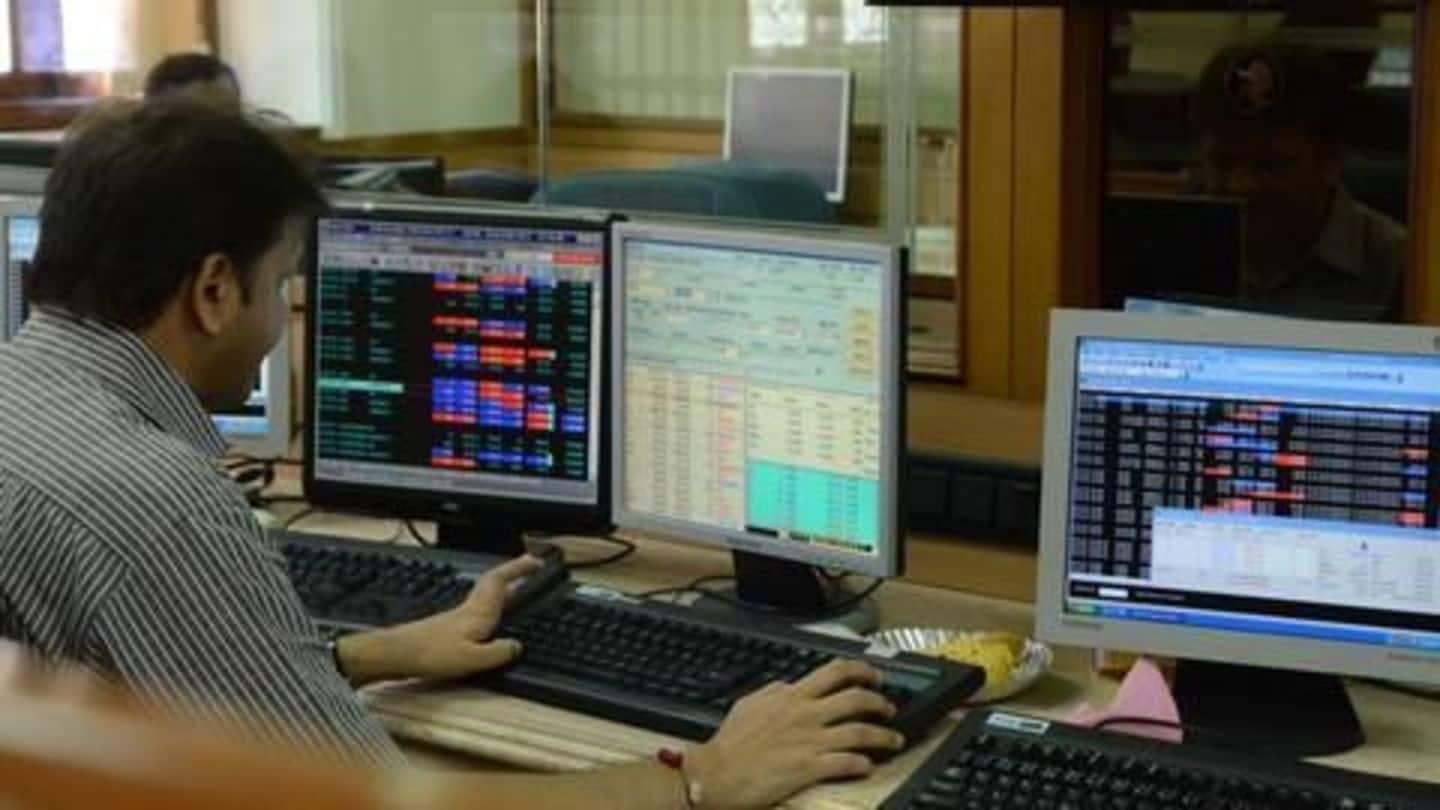
Govt reduces stakes in ITC by 2%
What's the story
The government divested 2 percent of its stake held in FMCG giant ITC through the Specified Undertaking of the Unit Trust of India (SUUTI). The government, which had 11.12 percent stake earlier, is likely to get nearly Rs.6,700 crore from this sale. ITC shares rose to a record high of Rs.291.95 a share (by 5.6 per cent) after this news came out.
Data
What is SUUTI?
SUUTI was formed by a restructuring of the erstwhile state-run investment firm Unit Trust of India. SUTTI has stakes in 43 listed and eight unlisted firms. Rules governing sale of SUUTI assets make it less complicated for the government to raise revenues than traditional disinvestment.
Revenue
LIC buys government stakes in ITC
The government reportedly intends to lower its stake in ITC, Axis Bank and L&T over a three-year period and has appointed merchant bankers for advising on the sale process. Life Insurance Corp. of India (LIC) has picked up the ITC stake sold by the government. It is to be noted that while LIC is fully government-owned, its financial decisions are independent.
Details
More about SUTTI
After a flagship scheme ran into trouble, UTI was split in 2002 to create SUUTI (to manage UTI's assured-return investment plans) and UTI Asset Management Co. Pvt. Ltd (to oversee market-linked plans). Other than significant stakes in L&T, Axis Bank and ITC, SUUTI has less than 5 percent stake in many blue chip companies such as ICICI Bank, Reliance Industries, HUL, Titan etc.
Details
How does SUUTI operate?
SUUTI classifies its companies into three parts. Group A comprises blue-chip companies like ITC, L&T and Axis Bank. Group B includes eight fully-owned unlisted firms and Group C has 43 listed firms. Last November, the government raised Rs.2,100 crore by selling SUUTI shares in L&T. Last March, 9 per cent SUUTI stakes in Axis Bank were sold by the government for Rs.5,500 crore.
Background
Who supervises sale of SUUTI shares?
Last year, the government appointed merchant bankers from Morgan Stanley and Citi to oversee its biggest fund mobilization through asset sales. When not overseeing SUUTI asset sales, these bankers were allowed to enter into a competing transaction with a private company, provided they notify SUUTI. These bankers were selected by the six-member SUUTI panel after careful evaluation of their presentations.